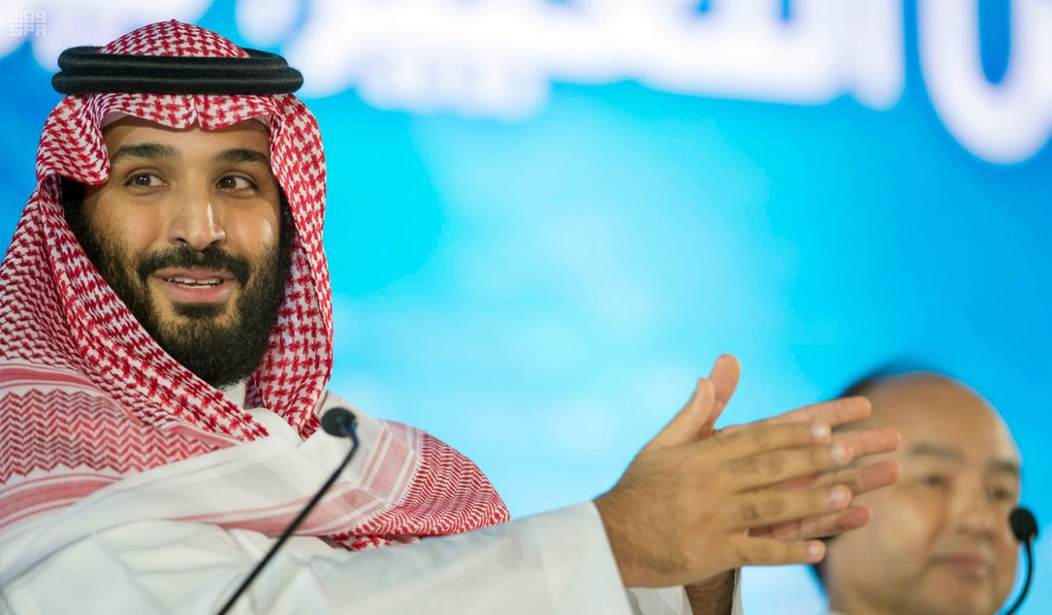A group of defense ministers from 40 Islamic countries met in Riyadh on Sunday to map out a strategy to confront and defeat international Islamic terrorism.
Spearheading the effort is Crown Prince Mohammed bin Salman, the Saudi Arabian defense minister, whose rapid rise in the Kingdom has impacted the entire region.
But can any alliance of Muslims really confront the issue of Islamic terrorism?
“In past years, terrorism has been functioning in all of our countries… with no coordination” among national authorities, Prince Mohammed bin Salman, who is also Saudi defence minister, said in his keynote address to the gathering in Riyadh.
“This ends today, with this alliance.”
The summit is the first meeting of defence ministers and other senior officials from the Islamic Military Counter Terrorism Coalition, which officially counts 41 countries and identifies as a “pan-Islamic unified front” against violent extremism.
The alliance was announced in 2015 under the auspices of Prince Mohammed, whose rapid ascent since his appointment as heir to the throne in June has shaken the political scene across the region.
Sunday’s meeting comes as several military coalitions, including key Saudi ally the United States, battle to push the Islamic State group from its last remaining bastions in Iraq and Syria.
The alliance groups largely, although not exclusively, Sunni-majority or Sunni-ruled countries.
It excludes Saudi Arabia’s arch-rival, Shiite-dominated Iran, as well as Syria and Iraq, whose leaders have close ties to Tehran.
Sunday’s meeting coincides with an escalation in tensions between Riyadh and Tehran, particularly over wars in Syria and Yemen and the political structure of multi-confessional Lebanon.
Saudi Arabia accuses Iran of supporting armed groups across the Middle East, including Lebanon’s Shiite Hezbollah and Yemen’s Huthi rebels.
“The pillar of this coalition is inclusion,” said Saudi General Abdulelah al-Saleh, the alliance’s acting secretary general, playing down the exclusion of the three countries.
“Our common enemy is terrorism, not any religion, sect or race.”
The “common enemy” is Islamic extremism that oftentimes is promoted by members of the anti-terrorism coalition as long as the violence doesn’t blow back on them.
Arabs especially are fond of these meaningless grandiose gestures to address problems. I am not optimistic that anything at all will change in the fight against Islamic extremism.
The goals of the organization, as modest as they appear to be, are unachievable:
The alliance aims to “mobilise and coordinate the use of resources, facilitate the exchange of information and help member countries build their own counter-terrorism capacity,” Sharif said.
While the alliance officially includes Qatar, which is the target of a six-month boycott led by Saudi Arabia, organisers in Riyadh said no Qatari officials were present at the meeting.
Qatar’s flag was also absent.
Nice to see the boys get off to such a good start.
In truth, there is far too much that divides the Islamic world than unites it. I’d be surprised if this coalition turns out to be anything more than window dressing, trying to convince the West that Muslims want to do something serious about terrorism.
But when so many of these countries tolerate extremists in their midst, it’s really hard to believe anything they say about terrorism.










Join the conversation as a VIP Member